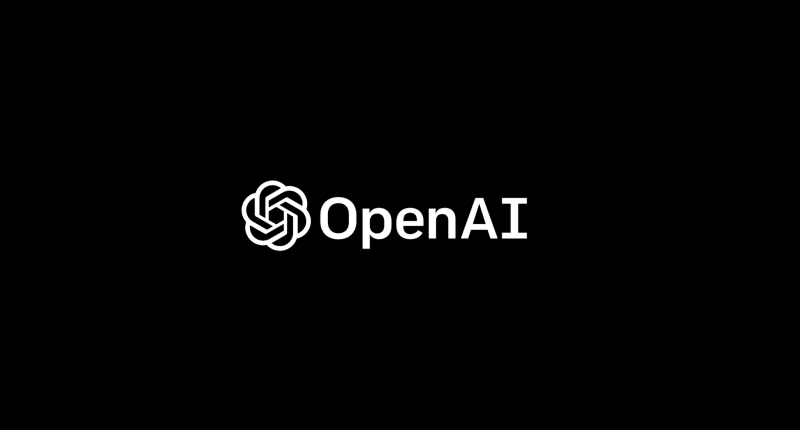OpenAI finally unveiled GPT-4o mini, a smaller and significantly cheaper version of their flagship GPT-4o large language model. This new model promises strong performance on a budget.
One of the major challenges in AI development has been the high cost associated with using powerful language models. Training and running these models require significant computational resources, making them a barrier for smaller businesses and individual developers. GPT-4o mini directly addresses this issue.
According to reports, GPT-4o mini is touted to be “the most cost-efficient small model in the market.” Although specific technical details, such as the number of parameters, have not been disclosed, the emphasis on cost-efficiency and accuracy is clear. Priced at 15 cents per million input tokens and 60 cents per million output tokens, GPT-4o mini offers a reduction in costs, making it ten times cheaper than previous models like GPT-3.5 Turbo.
Still, despite its smaller size and lower cost, GPT-4o mini boasts impressive performance. OpenAI highlights that the model outperforms other small AI models on reasoning tasks involving both text and vision. This makes GPT-4o mini well-suited for handling high-volume, basic tasks that require frequent interaction with an AI model. For instance, the model could be ideal for automating customer service chatbots, generating product descriptions, or filtering large datasets.
The model is immediately available to developers via several APIs, including the Assistants API, Chat Completions API, and Batch API. This availability extends to free users, as well as ChatGPT Plus and Team subscribers, with enterprise users set to gain access next week. Initially, GPT-4o mini supports text and image processing, with plans to add audio and video capabilities in the future. Its context window is a substantial 128,000 tokens, and it is trained on data up to October 2023.
OpenAI offers two primary methods for building custom AI assistants with GPT-4o mini, one of which is free. This approach is part of OpenAI’s mission to democratize AI, making it more accessible to a broader range of users and developers. By reducing the cost of using advanced AI, OpenAI aims to empower businesses and individuals to leverage AI for various applications, from customer support bots to complex data analysis tools. GPT-4o mini also includes a new safety tactic known as “instruction hierarchy,” designed to prioritize certain instructions to prevent misuse of the AI. This aims to make the AI system more reliable and secure.
The introduction of GPT-4o mini comes amidst a highly competitive landscape in the AI sector. Major players like Anthropic and Google routinely release smaller, more affordable versions of their advanced models to cater to different market needs. These smaller models are particularly useful for automating high-volume, basic tasks, while larger models are reserved for more complex operations. OpenAI’s GPT-4o mini fits into this strategy, offering a powerful yet cost-efficient solution for developers.
The Tech Portal is published by Blue Box Media Private Limited. Our investors have no influence over our reporting. Read our full Ownership and Funding Disclosure →






